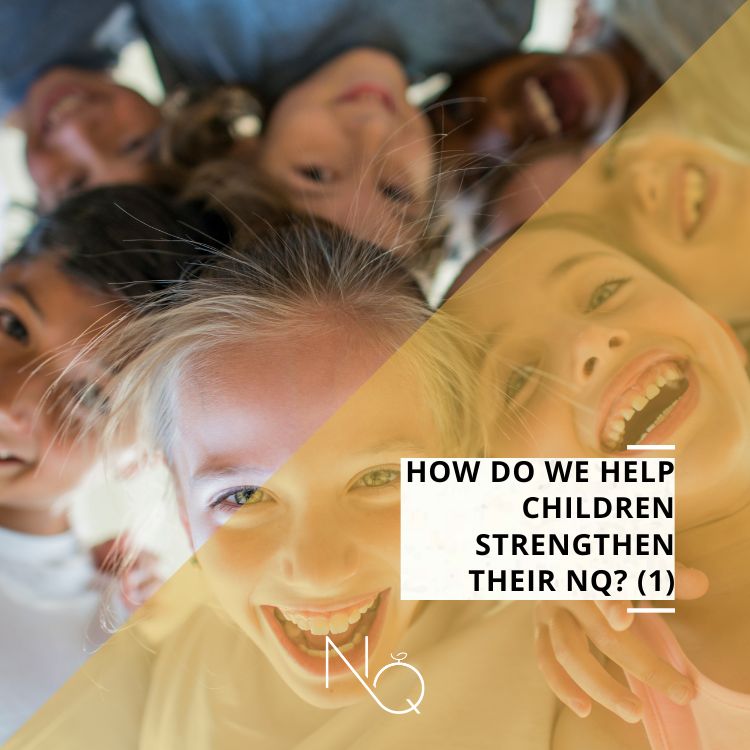NQ stands for nutritional intelligence, which we all possess and can harness to achieve our nutrition goals. NQ is unique to each person and depends on various factors, such as our family, experiences, and unique DNA. How can we help children empower their NQ to develop the best possible relationship with their diet and body?
1. We take care of the environment in which our baby grows during the first months of its life: the mother's belly.
It has been shown that these initial months of a baby's life are critical as it receives initial stimuli inside the mother's womb. Feeding is facilitated by the placenta, and during this period, the fetus is exposed to substances the mother uses or consumes, such as alcohol, drugs, smoking, and foods. Each of these factors may pose risks to the pregnancy, the mother, or the fetus. Simultaneously, maintaining a nutritious diet seems to influence the proper development of the fetus, ensure a smooth pregnancy, and potentially protect children from future obesity, diabetes, and other diseases.
As you might have heard, when we are on a plane during an emergency, we put the oxygen mask on ourselves first before assisting our child. Similarly, during pregnancy, the mother takes precedence in ensuring her well-being. The expectant mother consults with her doctor, dietitian, or any other professional she works with to find the best solutions for her and her baby.
2. We expose children to a variety of taste stimuli.
Children are not like us and lack years of experience with various things. When they try something new, it does not guarantee immediate liking or enjoyment. To help children gain experience with food, we offer them different options in various recipes and at different times. Research suggests that it takes at least 10-15 trials of a food for a child to start getting used to it or even liking it. Gradually exposing children to various foods will contribute to a balanced diet and their appreciation of a variety of foods.
3. We assist them in finding solutions to nutrition-related problems they encounter.
Instead of making decisions for children, we stand by their side to help them make choices about their food, providing alternatives and ideas. For example, if they dislike toast, we can turn it into a sandwich, or if a child feels hungry between their afternoon activities, we can suggest a suitable snack they can take with them. Problem-solving is vital in children's nutrition education.
4. We focus on discussing children's personality traits and not their appearance.
Comments such as "You are very beautiful!", "The little one is thiner than her sister", or "The extra weight will become height" are of no use to children and only reflect our own ideas about what bodies "should" look like. Instead, we should concentrate on discussing children's personality traits and empowering them to develop a healthy relationship with their diet and body.
5. We encourage children to engage in sports and movement games they truly enjoy.
Children are full of energy and need opportunities to run, play, and interact. However, not all activities are suitable for every child. We observe what catches their attention, what they would like to try, or what barriers might be keeping them from an activity. For instance, a child might want to play ball with other children but feels shy. In such cases, we help the child recognize and cope with these feelings so they can join the group. We shouldn't force children to do sports they don't want to, as it may create a negative impression of sports in general.
All of the above are ways in which we can help children strengthen their NQ, which stands for their nutritional intelligence. Read here to discover more ways we can 'help kids strengthen their NQ'!




